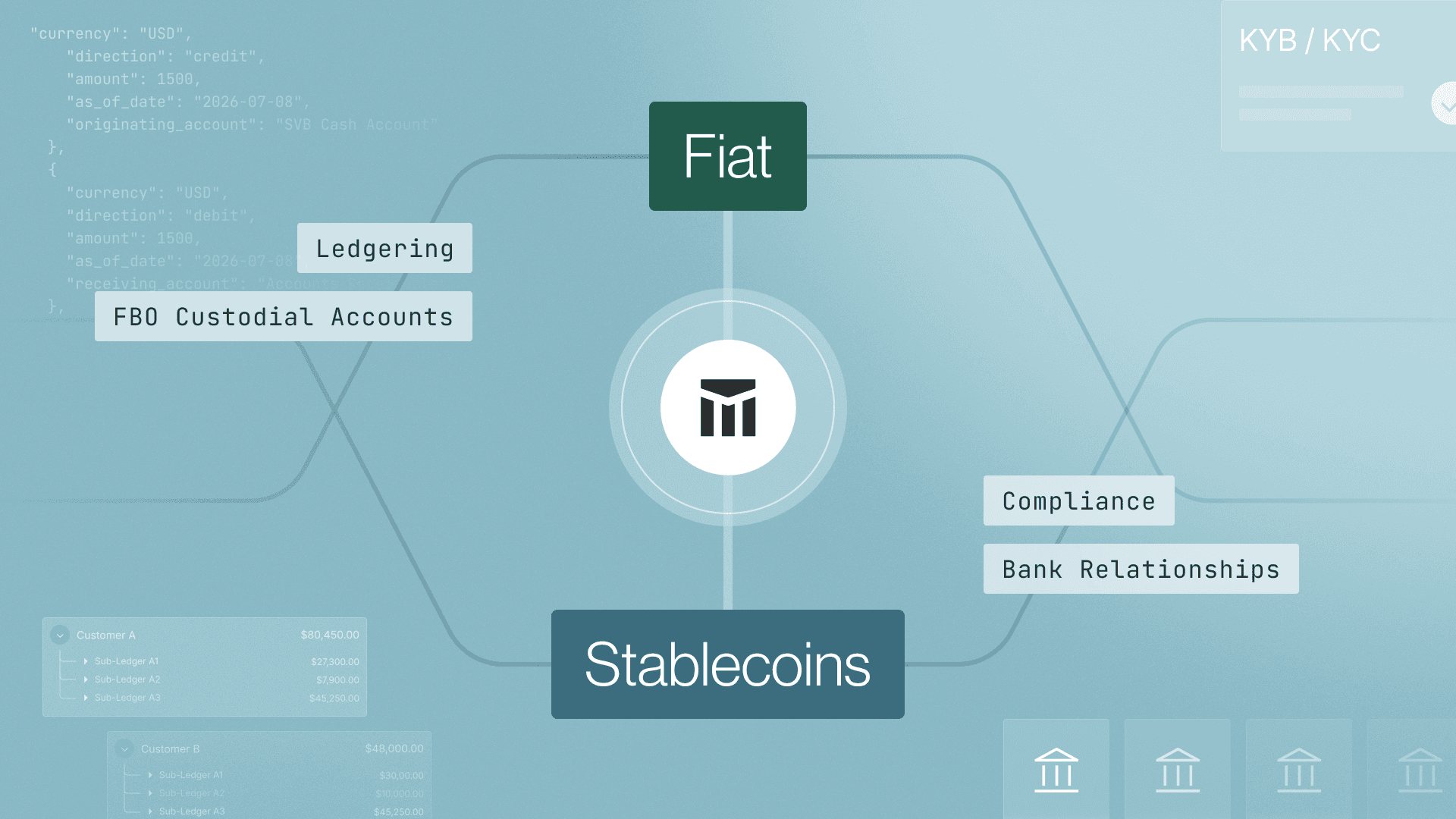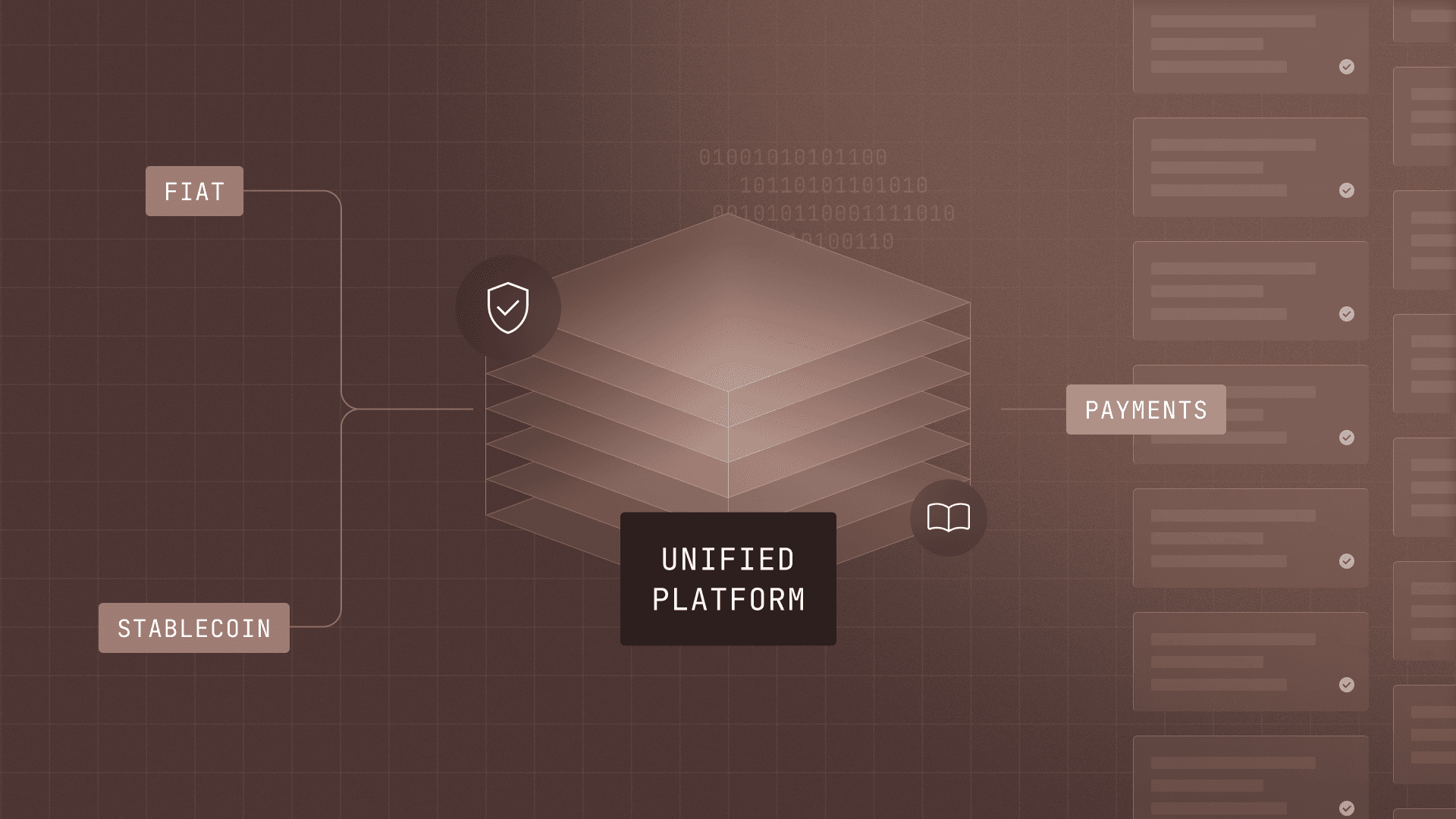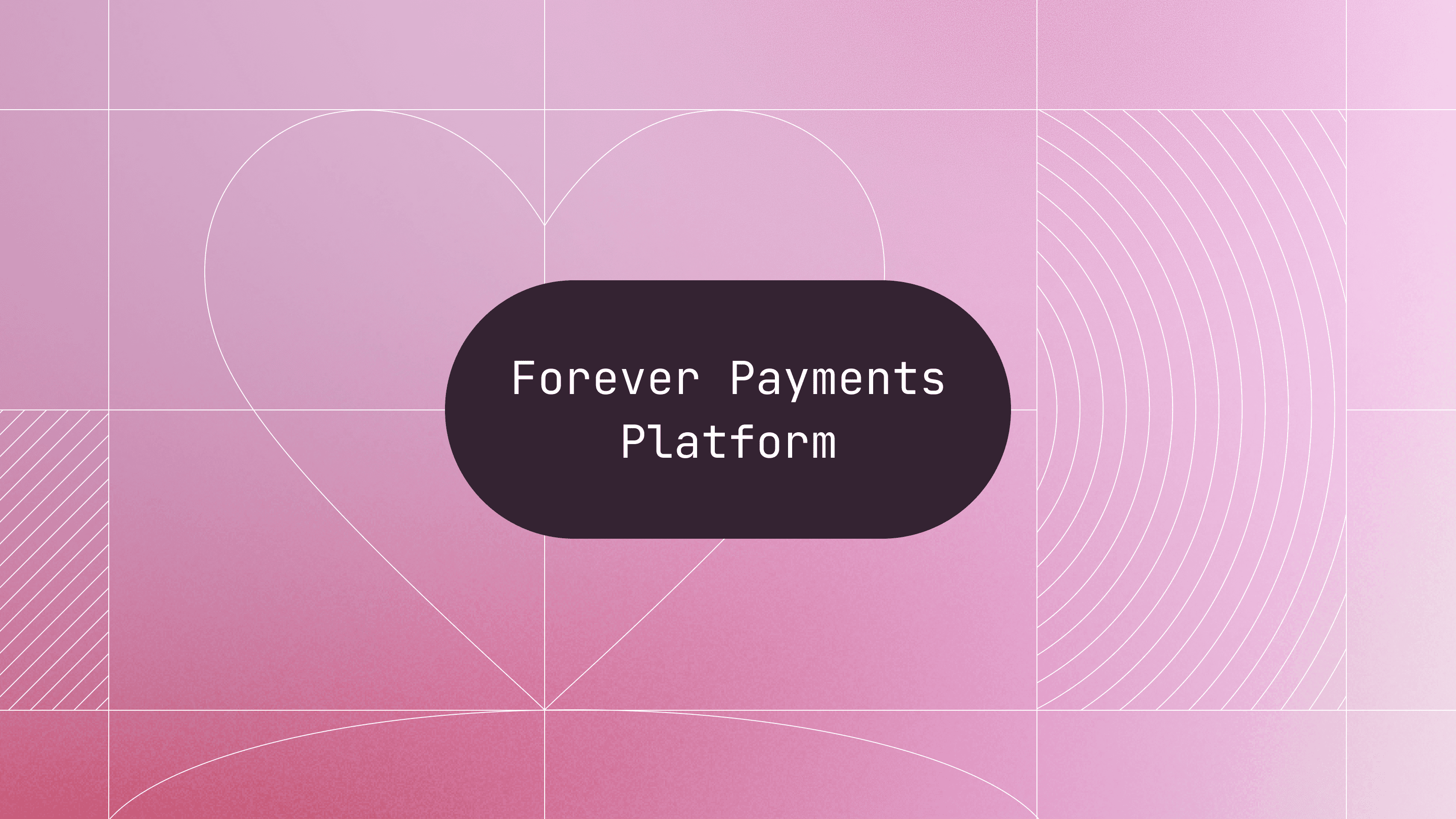Introducing Modern Treasury Payments. Built to move money across fiat and stablecoins. Learn more →
What Happens When the Fed Goes Down?
The Federal Reserve (“The Fed”) promotes the stability of the financial system, including playing an important role in maintaining the integrity of the US payments system. What happens when the FedACH, FedWire, and National Settlement Service are offline?

The Federal Reserve (“The Fed”) promotes the stability of the financial system, including playing an important role in maintaining the integrity of the US payments system. The Fed has multiple payment services including accounting and reports, payment types (cash, checks, ACH, and wires), and settlement. These payment services execute roughly 70 million transactions per day and are used by people like you, banks, businesses, and government agencies.
Of these systems, wire and ACH are increasingly being used more often and for higher values.
The Fed’s wire service, Fedwire, is a real-time, gross settlement system (RTGS) available to US banks. Each transaction is processed individually and settled upon receipt. Settlement of funds is immediate, final, and irrevocable. [1] While as a consumer, you may use wires for real estate, education, or investing, businesses use wires for large, time-critical payments such as debt repayments and payments to tax agencies.
ACH, or Automated Clearing House, is a national system that processes batches of electronic debit and credit fund transfers. The ACH system handles a wide array of transactions—from direct deposits of payroll to Social Security to auto payments of mortgages and utility bills. Similar to wires, ACH is available to US banks. FedACH is one of two ACH operators and is run by The Fed. Regardless of which ACH operator a bank uses, The Fed also manages the actual settlement of funds through the Fed National Settlement Service.
For about four hours on Wednesday, February 24, 2021 nearly all Federal Reserve Bank Services were unavailable or significantly limited, due to a human error that kicked off an automated data center maintenance process. The outages affected FedACH and Fedwire. They also affected several other systems comprising the US payment infrastructure, like FedCash, which ensures that banks have adequate supply of paper currency, and Check 21, which handles checks. The Fed National Settlement Service was also down. This was not the first time there has been an outage. [2]
What happens when the FedACH, FedWire, and National Settlement Service are offline? Short answer: the information and transaction flows stop, so a payment backlog builds up at the banks. Essentially, the files are kept in purgatory because they don't have anywhere to be accepted.
The Fed does not retry failed payment requests. Instead, when there is a system outage, the Fed requires banks to hold their files and submit or resubmit when systems are back online.
This means that wires, meant to execute in near real-time, are not completed. ACH files are floating at banks waiting to be submitted. Same-day ACH transactions and FedWire transactions miss the cut-off window and have to settle the following day.
One thing we learned on February 24th is that in addition to waiting for the Fed to come back online, there are additional outage protocols inside each bank. They need to identify which files have been accepted by the Fed and which haven’t, so they know which ones to resubmit.
Fortunately, to allow banks more time to understand the state of their payments and mitigate the challenges of the outage, on February 24th the Fed extended the submission window by a few hours. Beyond a busier than normal day of phone calls and emails, everything for our customers was processed by submission deadlines.
If you’re working closely with a bank to process a high volume of payments, Modern Treasury may be able to help streamline your bank connectivity and payment operations. Sign up or get in touch to learn more about our software.
For international wires, there is SWIFT. SWIFT is not a payments system but rather a messaging system.
There were at least two outages in 2019. While the Fed does not provide archived reports on specific outages, they do report data on ACH system availability (uptime) and have historically beat their target of 99.85% uptime.








